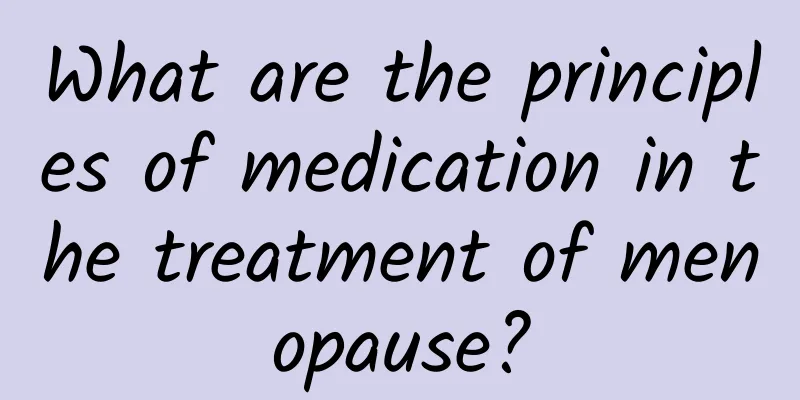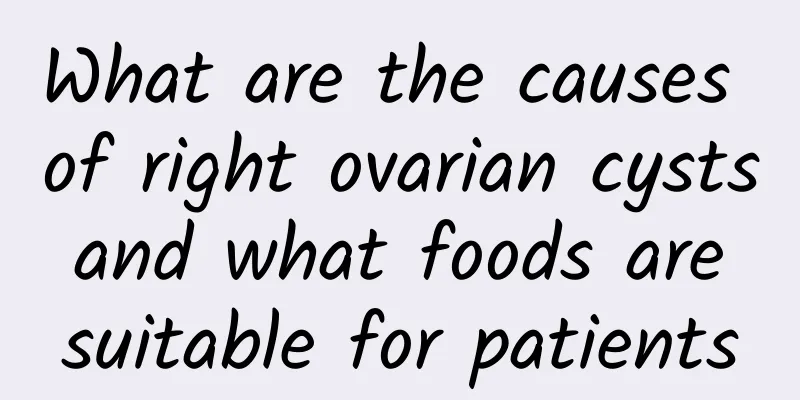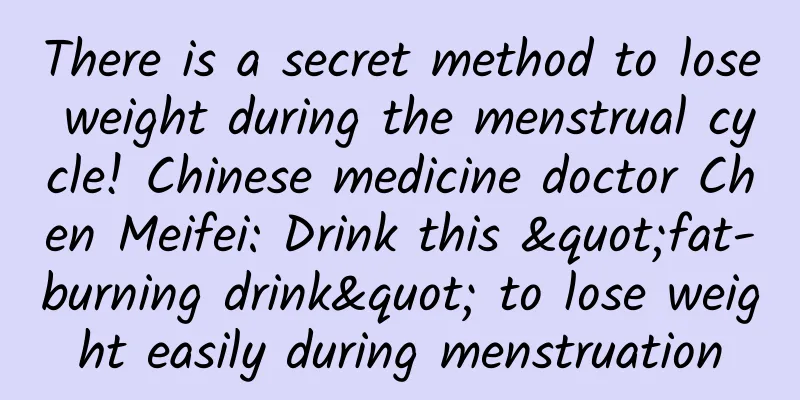What are the principles of medication in the treatment of menopause?

|
Menopause is a natural process that all women have to go through. At the same time, the appearance of menopause also means that women have reached a certain age and the speed of aging has accelerated. Of course, it also brings various problems to female friends. We must pay attention to the emergence of various diseases after menopause. Here are some common drug treatments for menopause: 1. In principle, HRT (hormone replacement therapy) should be aimed at maintaining the health of the body. For example, long-term medication is required to prevent postmenopausal degenerative diseases. (1) Etiological treatment: During the reproductive period, the cyclical changes in the estrogen and progesterone in the blood of women participate in coordinating the physiological activities of the body, becoming an important factor in stabilizing the internal environment of the female body and maintaining health. After menopause, the continuous decline of estrogen and progesterone causes women's physical and mental dysfunction, and the body produces a series of degenerative lesions, resulting in poor physical health of some women. Etiological treatment is given to these health problems caused by estrogen deficiency. (2) Physiological supplementation: The purpose is to enable the organs of postmenopausal women to function physiologically as much as possible to maintain the health of the body, not to restore their endocrine conditions to the level of the ovarian cycle during the reproductive period, which is physiological supplementation. Physiological supplementation mostly advocates the use of natural estrogens, that is, the chemical structures of estrone, estradiol and estriol. The dosage is controlled at a blood E2 concentration of about 220pmol/L, or within the equivalent estrogen activity range, and should not exceed 550pmol/L. Exceeding this level may lead to an increase in side effects. Since the estrogen and progesterone in contraceptives are in large doses, highly active, and have a non-physiological chemical structure, they are not suitable for physiological supplementation in HRT. (3) During the menopausal transition period, HRT should focus on supplementing progesterone: During the menopausal transition period, the growth and development disorders of follicles gradually increase, and finally the functional follicles disappear from the ovaries. The corresponding changes in estrogen and progesterone during this period are: first, there is a relative lack of progesterone, and then there is a lack of it; the lack of estrogen changes cyclically, although there may be a transient relative excess, the total amount gradually decreases, and finally to lack, forming a relatively excessive or single unopposed estrogen stimulation for a long time. Some women may experience varying degrees of proliferative changes in the endometrium, and even malignant changes. Therefore, during this period, the main focus should be on cyclical supplementation of progesterone to adjust the menstrual cycle and prevent endometrial proliferative lesions. As estrogen gradually becomes deficient, estrogen can be supplemented at the same time. (4) HRT in the late menopause should be mainly based on estrogen supplementation: Early postmenopause ovarian follicle activity basically stops. The blood estradiol concentration drops from about 150-1500pmol/L in the reproductive period to below 80pmol/L within 1-2 years, which is lower than the basic level for maintaining the physiological functions of the body's organs. Endometrial atrophy is completed within 2-3 years after menopause, and the rate of bone loss is fastest within 1-3 years after menopause. Corresponding degenerative changes occur in various organs throughout the body. Therefore, to prevent postmenopausal degenerative lesions, timely and long-term estrogen supplementation should be used. In order to counteract the side effects of estrogen on endometrial hyperplasia, those with a uterus need to add progesterone. |
<<: Introduction to medication for menopause
>>: What medicine is effective in treating menopause?
Recommend
Is it really true that being a little bit fat is okay?
The weather has been cold these days, so people e...
Peizhen’s husband sculpted a mermaid line! Tuna belly makes you a handsome man
Female artist Pei Zhen, who has been married for ...
Introduction to the best treatment for ectopic pregnancy
Ectopic pregnancy brings a lot of unspeakable pai...
You can still enjoy good food even if you reduce sugar intake! In addition to pan-frying salmon, learn 4 French and Japanese cooking methods at once
Salmon is low in sugar and rich in astaxanthin, w...
What are the main causes of irregular menstruation?
Girls will experience many phenomena during their...
What are the main causes of adnexitis?
Among all kinds of gynecological inflammation, ad...
Paper Man Elegy! Jolie is so skinny that she is just a bag of bones... She cut her throat to lose weight and is now only 29 kg. She hasn't had her period for 3 years...
Foreign media recently reported that Hollywood ac...
Do you know the factors that cause dysmenorrhea?
Do you have painful menstruation? Do you know wha...
A brief analysis of the precautions before painless abortion
Painless abortion is a very effective abortion pr...
How to avoid another ectopic pregnancy
How to avoid another ectopic pregnancy? To avoid ...
Eat these 7 superfoods wisely to help burn fat and detoxify!
Improper diet, irregular work and rest, or sittin...
There are many dangers for women suffering from adnexitis
How much do women know about adnexitis? Although ...
What to eat to nourish the body after 4 months of miscarriage
After miscarriage, the focus should be on balance...
What is it like to have two periods in one month?
Having two periods in one month may be due to abn...
Why does adenomyosis cause bleeding?
Why does adenomyosis cause bleeding? 1. Adenomyos...









